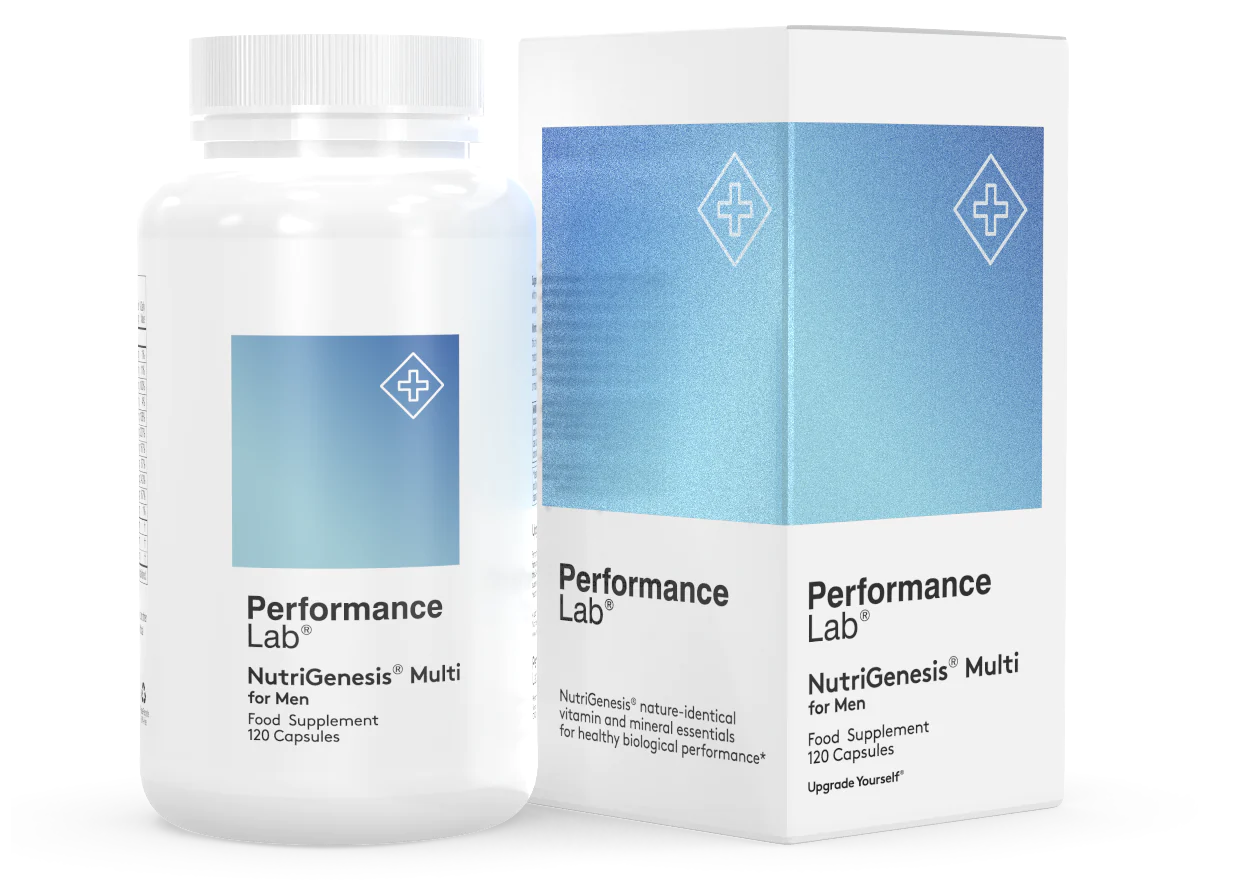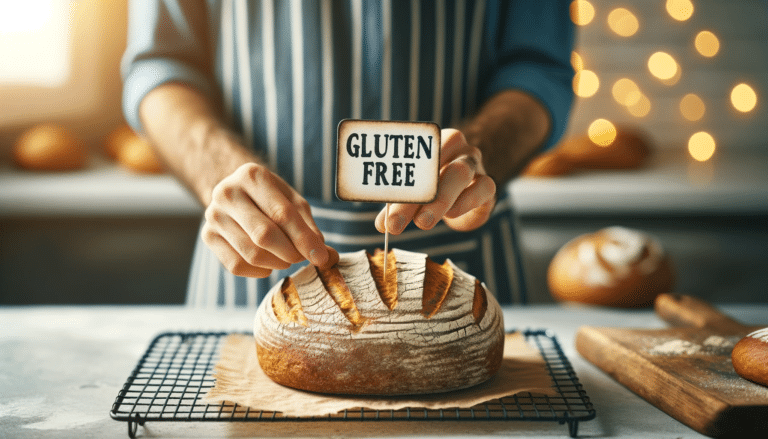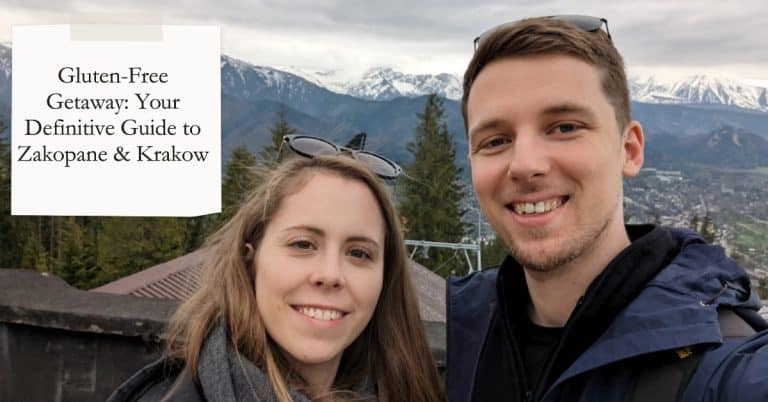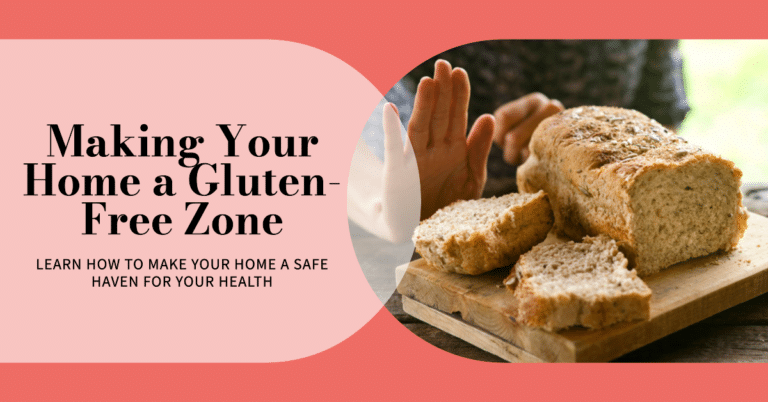Can Gluten Keep You Awake at Night? A Celiac’s Perspective
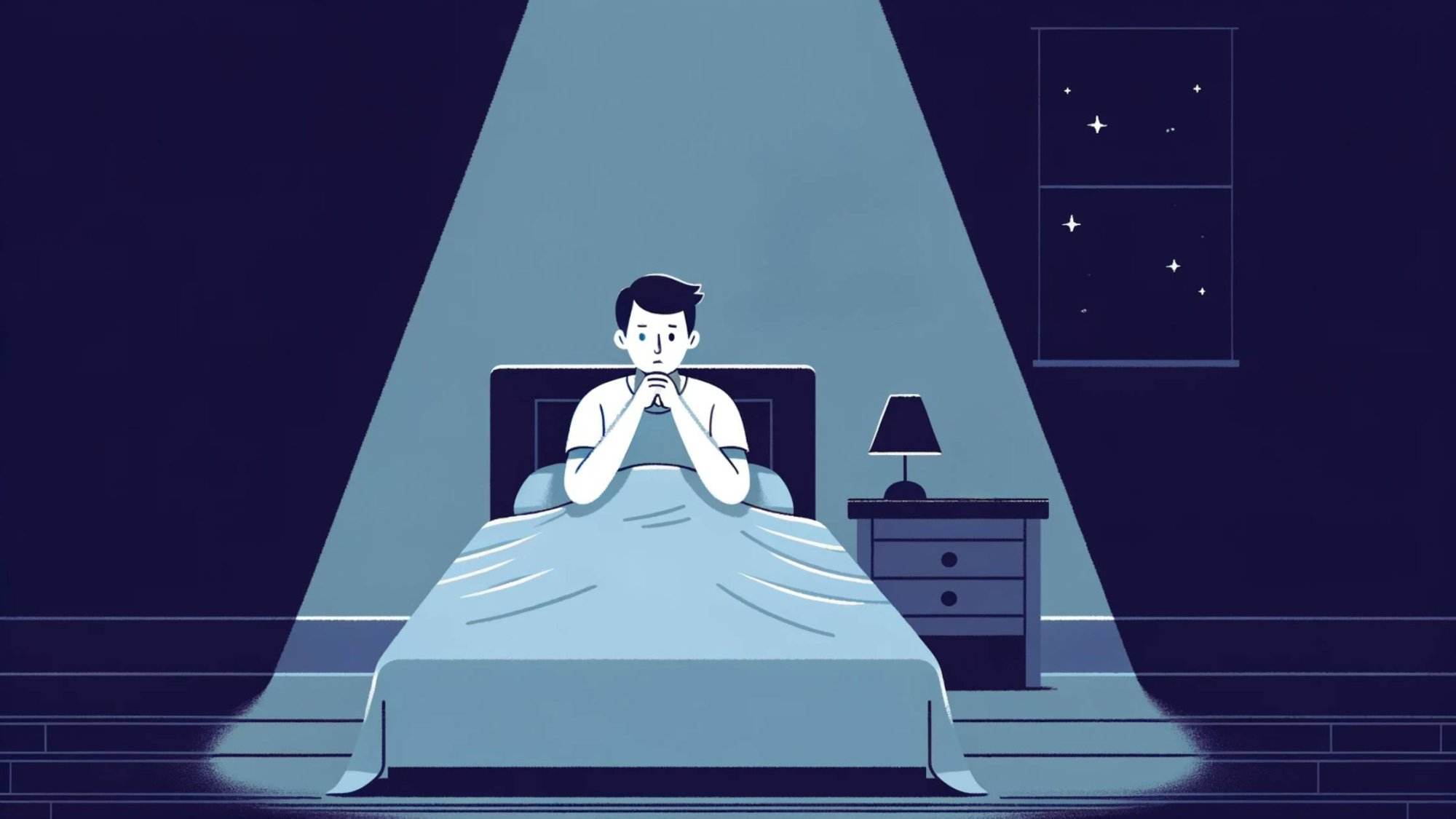
I’ve spent many restless nights staring at the ceiling and wondering if something I ate contained hidden gluten or if I’d fallen victim to cross-contamination.
That racing heart and buzzing mind make it impossible to fall asleep. And those 3 am trips to the bathroom don’t help either!
So, can gluten keep you awake at night? – The answer is that while not a direct cause of insomnia for most people, research shows that not following a gluten-free diet when you should be could be causing your restless nights [1].
Let’s look closer at the link between gluten and sleep issues from a diagnosed celiac who has experienced more than his fair share of restless nights!
Key Takeaways
- Strictly avoid gluten by thoroughly reading ingredient labels of packaged foods and being aware of hidden sources.
- Unwind pre-bed with meditation, breathing exercises or gentle yoga to ease racing thoughts.
- Correct nutrient deficiencies with supplements supporting sleep regulation.
- Optimize sleep conditions (dark/cool room, comfy bedding) for better sleep.
The Gluten and Sleep Connection
An estimated 1 in 100 worldwide has celiac disease, where even tiny amounts of gluten cause damage to the small intestine.
For celiacs and others with gluten intolerance, consuming this problematic protein wreaks all kinds of havoc, including causing sleep disruption.
How Gluten Disrupts Sleep
While occasional insomnia spells strike us all, gluten can directly or indirectly rob sensitive folks of precious shut-eye in various ways:
- Acid reflux and heartburn: Gluten can relax the lower esophageal sphincter muscle separating the esophagus from the stomach, allowing painful stomach acid to back up. This nighttime acid reflux makes it tough to fall and stay asleep.
- Frequent bathroom trips: Undigested gluten pieces draw extra fluid into the intestines leading to loose, urgent stools – not fun when it strikes at 3am!
- Increased cortisol: Gluten can spark inflammatory responses that stimulate cortisol, the “stress hormone” that counters sleep hormones.
- Nutrient absorption issues: Celiacs and gluten-intolerant people often deal with vitamin and mineral deficiencies that can contribute to insomnia symptoms.
- Associated conditions: Many celiacs also battle other autoimmune disorders like thyroid disease and anemia associated with poor sleep.
The end result is disrupted slumber, low energy, brain fog and constant grogginess. No wonder gluten often gets called the “dream killer”!
Cristian’s Story: My Gluten Insomnia Struggle
Let me walk you through my own story of battling the insomnia monster thanks to gluten.
Shortly after getting diagnosed with celiac disease, I noticed having wheat would make me toss, turn and stare at the clock all night. No matter how tired I was, sleep just wouldn’t come.
I’d only get a wink or two before the morning sun peeked through my curtains – or a pre-dawn race to the toilet would jolt me awake. Cue zombie mode all the next day!
Desperate for rest, I tried every sleep remedy and piece of advice friends offered:
- Chamomile tea
- No screen time before bed
- Magnesium supplements
- Meditation apps
While these helped marginally, my insomnia always returned with gluten exposure. I realized the true solution meant stepping up my efforts to avoid cross-contamination and checking labels properly.
As someone who struggles with both celiac disease and IBS, getting a decent night’s sleep is often an uphill task. Find out more in my blog – is IBS worse at night?
Improve Your Sleep: 6 No-Gluten Strategies

Based on my journey to better sleep, here are six practical tips to help anyone struggling with insomnia cut out gluten and snooze more soundly:
1. Unwind Your Mind Pre-Bed
Practice meditation, deep breathing or gentle yoga to curb anxious thoughts and racing mind before bed – common when avoiding gluten. Apps like Calm have great sleep-focused sessions.
2. Avoid Pre-Bed Snacking
Since digestion issues keep celiacs awake, give yourself 2-3 hours after eating to allow food to settle before lying down.
I stop eating 3 hours pre-bedtime to keep my stomach calm. Herbal teas like chamomile or peppermint at night are gentle options if you need something warm.
3. Supplement Nutrient Gaps
Test for vitamin and mineral deficiencies causing sleep disruptions. Correct any shortfalls with supplements to support sleep regulation.
Getting vitamin D, iron, magnesium and B12 levels checked is crucial. I take targeted supplements like Performance Lab NutriGenesis Multi and Performance Lab Omega-3 to ensure I’m getting my daily essentials.
4. Optimize Sleep Conditions
Ensure your bedroom is very dark and cool enough, with comfy bedding to make falling and staying asleep easier.
Earplugs and sleep masks can also be a game-changer for those who struggle to get a decent amount of shuteye per night.
Blackout curtains, white noise (usually in the form of a fan), breathable pajamas, and soft sheets really help me sleep. I keep earplugs and an eye mask handy for those nights when I need extra help in drifting off.
5. See Your Doctor If Needed
If insomnia continues despite strict gluten avoidance, other factors may be causing your restless nights. In this case, you should seek professional medical advice instead of playing guessing games.
Don’t assume only gluten causes sleep problems if they persist. Other autoimmune issues may be in play too. Ask your doctor for help.
Short 5-10-minute mindfulness practices make a big difference in quieting worries. I also write in a journal to dump out stress before lights out.
Can Gluten Keep You Awake At Night? Final Thoughts
I’ve learned firsthand how sly traces of gluten in food can sabotage sleep. But with diligence to eradicate exposure combined with lifestyle measures to support rest, peaceful slumber is possible after all.
Now I hop into bed feeling relaxed, with my anxiety levels heavily reduced knowing I’m doing all the right things in my gluten-free lifestyle.
And now you can too!
Sweet dreams, my fellow celiacs. Our determination lets us sleep at night, not just dream of it!
Disclaimer: This content is based on my personal experience as an individual diagnosed with celiac disease and IBS (Irritable Bowel Syndrome) who follows a strict gluten-free diet. This does not constitute medical advice. Please consult a medical professional, nutritionist, or qualified dietitian for personalized, professional advice.

